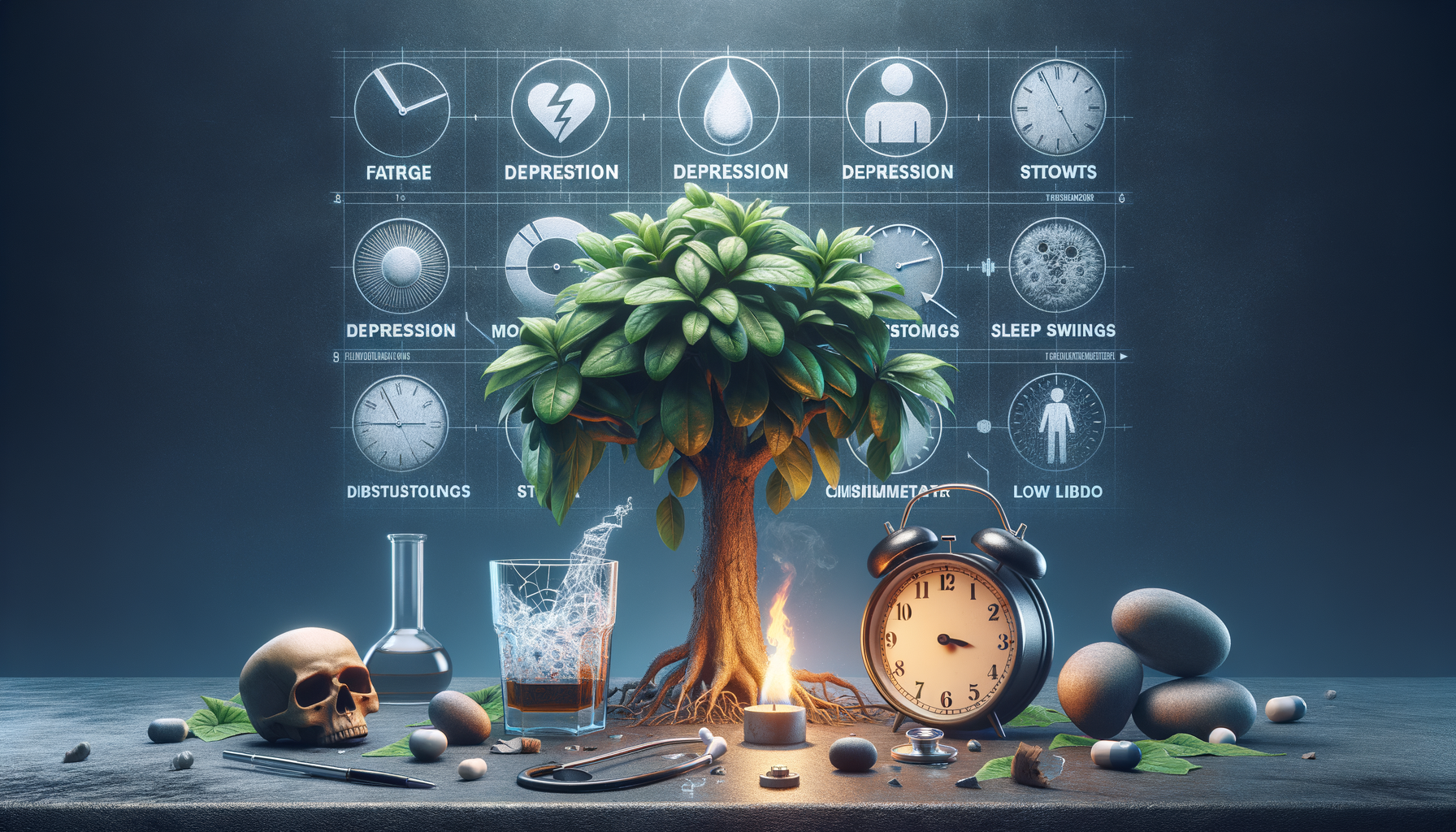Introduction to Low Testosterone Symptoms
Testosterone is a crucial hormone in the human body, playing a vital role in various physiological processes. While it is often associated with male health, it is also present in females, albeit in smaller quantities. The importance of testosterone cannot be overstated, as it influences muscle mass, bone density, mood, and even cognitive functions. However, some individuals experience a decline in testosterone levels, leading to a condition known as low testosterone or hypogonadism. Recognizing and understanding the symptoms of low testosterone is essential for addressing potential health issues and improving quality of life.
Physical Symptoms of Low Testosterone
Low testosterone can manifest in a variety of physical symptoms that may affect daily life. One of the most noticeable signs is a decrease in muscle mass and strength. Testosterone is instrumental in muscle development, and its deficiency can lead to muscle wasting and a lack of physical endurance. Additionally, individuals may experience an increase in body fat, particularly around the abdomen, as testosterone helps regulate fat distribution.
Another common physical symptom is a decrease in bone density, which can increase the risk of fractures and osteoporosis. Testosterone plays a critical role in maintaining bone health, and its deficiency can lead to weakened bones. Furthermore, low testosterone levels can result in a decrease in energy levels, leading to fatigue and a general sense of lethargy.
Other physical symptoms may include:
- Reduced body hair growth
- Hot flashes
- Swelling or tenderness in the breast tissue
These symptoms can significantly impact an individual’s quality of life, making it essential to seek medical advice if they are experienced.
Emotional and Cognitive Symptoms
Beyond physical changes, low testosterone can also affect emotional and cognitive well-being. Many individuals with low testosterone report experiencing mood swings and irritability. The hormone plays a role in regulating mood, and its deficiency can lead to feelings of depression and anxiety. These emotional changes can strain personal relationships and affect overall mental health.
Cognitively, low testosterone levels can lead to difficulties with concentration and memory. Individuals may find it challenging to focus on tasks or recall information, which can impact work performance and daily activities. The decline in cognitive function can be frustrating and may lead to a decrease in self-esteem and confidence.
Addressing these emotional and cognitive symptoms is crucial, as they can have a profound impact on an individual’s overall well-being. Consulting with healthcare professionals can provide strategies for managing these symptoms effectively.
Sexual Symptoms of Low Testosterone
Testosterone is closely linked to sexual health, and its deficiency can result in various sexual symptoms. One of the most common symptoms is a reduced libido or sex drive. Individuals with low testosterone may find themselves less interested in sexual activity, which can affect intimate relationships.
Additionally, low testosterone can lead to erectile dysfunction, making it challenging to achieve or maintain an erection. This can be a source of frustration and may lead to stress and anxiety regarding sexual performance. Furthermore, some individuals may experience a decrease in the frequency of spontaneous erections, such as those occurring during sleep.
Other sexual symptoms may include:
- Reduced semen volume
- Difficulty achieving orgasm
- Infertility issues
These symptoms can be distressing and may require medical intervention to address effectively. Open communication with healthcare providers is essential for finding appropriate solutions.
Conclusion: Addressing Low Testosterone Symptoms
Recognizing the symptoms of low testosterone is the first step towards improving health and well-being. Whether the symptoms are physical, emotional, or sexual, they can significantly impact an individual’s quality of life. Understanding these symptoms allows for timely intervention and management, which can lead to a better overall health outcome.
Consulting with healthcare professionals is crucial for diagnosing low testosterone and exploring treatment options. These may include lifestyle changes, hormone replacement therapy, or other medical interventions. By addressing low testosterone symptoms, individuals can enhance their quality of life and regain their vitality.
Ultimately, awareness and proactive management of low testosterone symptoms can lead to improved health, well-being, and a more fulfilling life.








